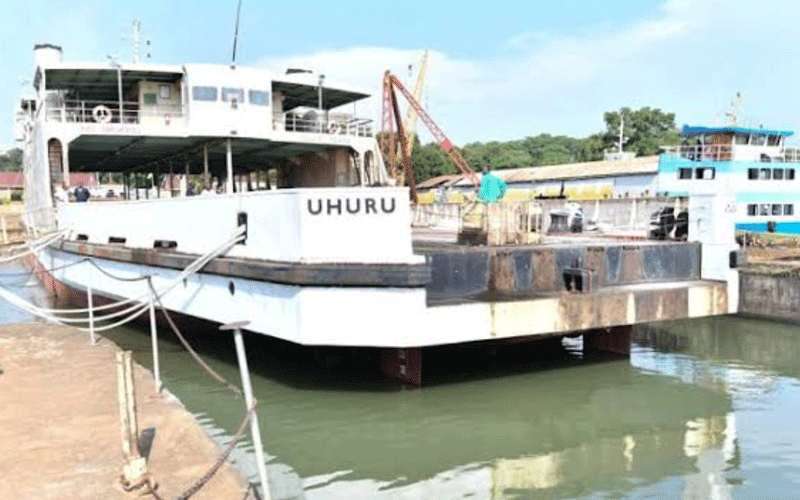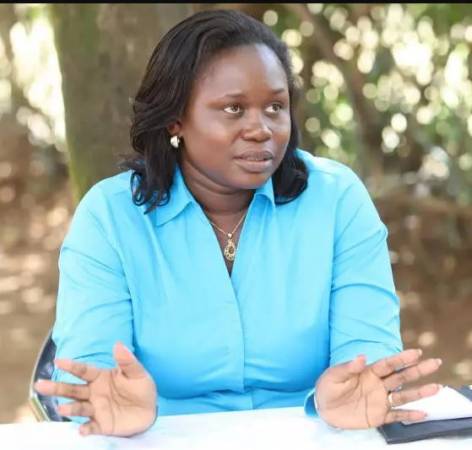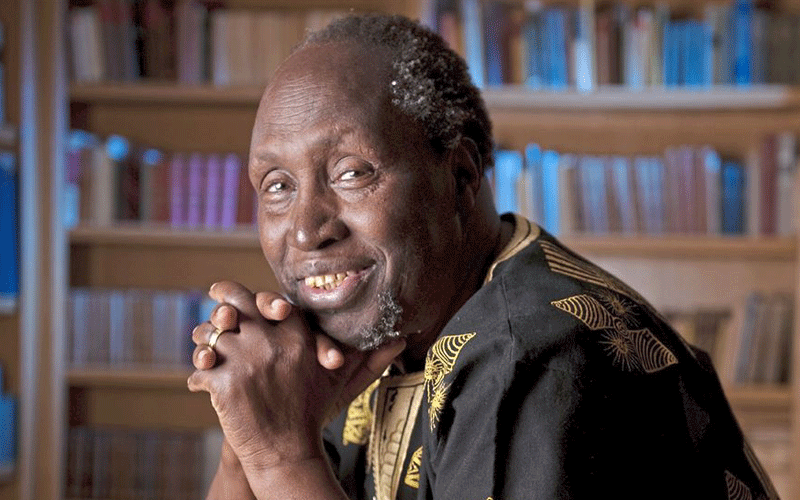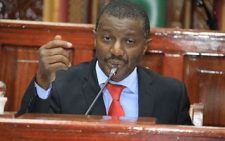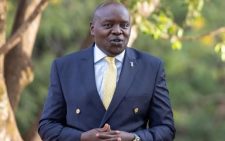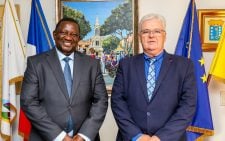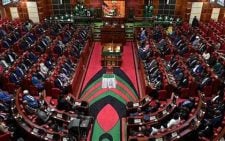Global leaders raise Sh540b for education in poor countries
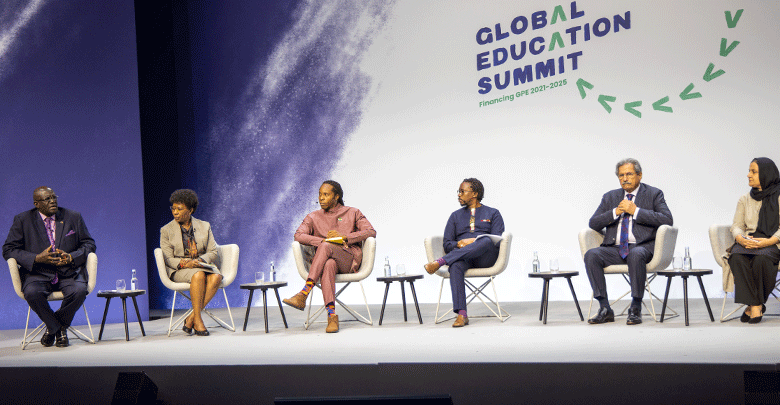
Noah Cheploen @cheploennoah
President Uhuru Kenyatta wound up his three-day visit to London, United Kingdom, by joining other global leaders in raising Sh540 billion towards the education of children in poor countries.
The President reiterated his commitment towards improving access to education especially for children from underprivileged backgrounds.
Speaking at a roundtable with Presidents Nana Akufu-Addo (Ghana), Faure Essozimna Gnassingbé (Togo), Muhammadu Buhari (Nigeria) and Lazurus Chikwera (Malawi), President Kenyatta described education as the foundation for a better future.
He said he was immensely impressed by the support shown by global leaders, led by his host UK Prime Minister Boris Johnson, by ensuring that funds are availed to ensure children from poor backgrounds get education.
Individual funding
During yesterday’s session of the Global Education Summit—a brainchild of President Kenyatta and PM Johnson—rich countries such as Italy, Australia, Canada, Saudi Arabia, Denmark and Belgium pledged to increase their individual funding in the next five years to promote access to education.
In total, the Global Education Summit managed to raise Sh540 billion, which will go towards boosting access to education in the world’s poorest societies especially in Africa in 2021-2025.
“Education as we all know is the foundation for life,” President Kenyatta said.
“You cannot achieve your goals, the goals we have set for ourselves; without giving our children the tools to enable them help us achieve those development goals,” he said.
Noting that Africa is blessed with vast resources including human capital, President Kenyatta said there was need for governments to harness the resources to improve the welfare of its citizens and spur development.
“And that is why in Kenya we have over the years consistently dedicated at least a quarter of our budget to education,” the Head of State said.
He said this informed his administration’s 100 per cent transition from primary to secondary school policy.
“That is why we have insisted and gone through the stage of universal primary education in our country and moved a stage further to achieve gender parity,” he said.
Noting that the 100 per cent transition policy had been successful, he said there were a number of challenges such as pressure exerted on infrastructure despite the government dedicating a quarter of the national budget to the sector.
“And that is why programmes such as this; bringing the world together; bringing this great partnership for education; working with our development partners and international community; but also showing our own commitment to education,” he stated.
“One of the things that have made me happy in coming here and partnering with Prime Minister Johnson in this particular matter is the fact that he has emphasised the issue of getting our girls back to school,” President Kenyatta said.
He said the Covid-19 had negatively impacted the education sector noting that as a result of long closure of schools, many school-going girls had fallen victim to early pregnancies and as a result, increasing cases of dropouts had been reported.
“Some of parts of our countries had problems as a result of teenage pregnancies and some cultural pressures resulted in many girls missing on education and we need to get these girls back in school,” he said.
“We are not going to able to do that without being able to put these resources together,” he said.
“Education is our grounding foundation and we must educate all our children and in order to do so, we as governments must commit as much as we can to that foundation but also encourage our partners to link up with us and help us achieve infrastructural development that we need to ensure that every child remains in school,” he said.

